Article not found
This article is no longer available. But don't worry—we've gathered other articles that discuss the same topic.
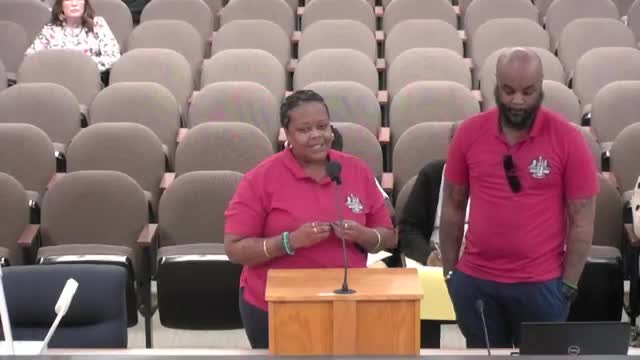
Council moves into executive session on pending lawsuit after motion passes 6‑0; one member absent
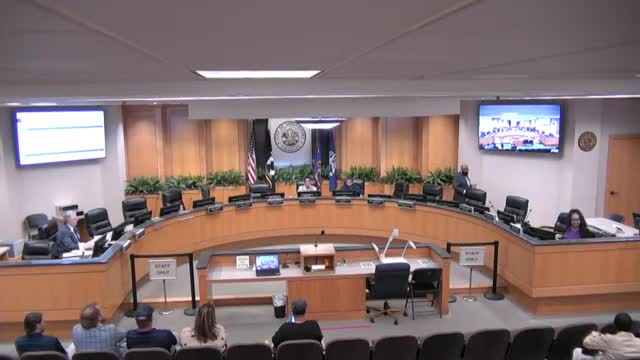
Residents urge more attention to Cedar Grove; public speaker proposes local asylum/immigrant support effort
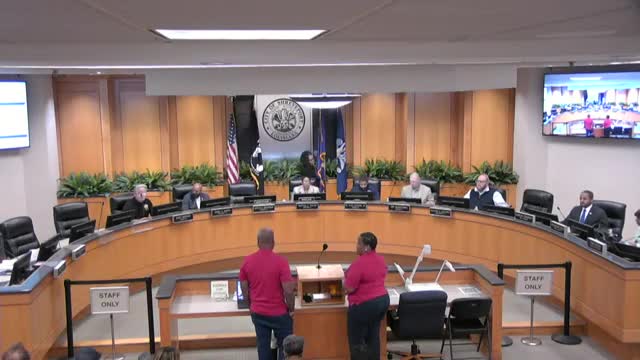
Organizers announce inaugural Jazz Fest on the Red for April 12 at Riverview Park
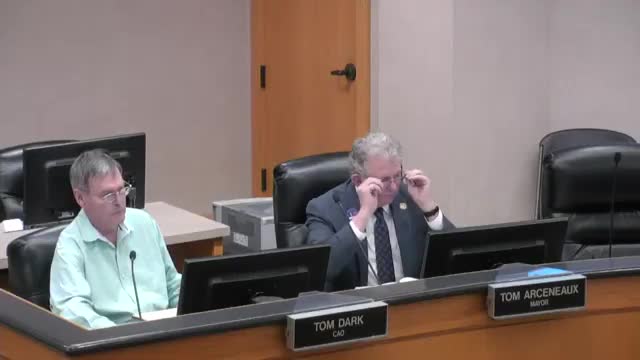
Council to consider zoning change to require public hearings and limit liquor‑store clustering
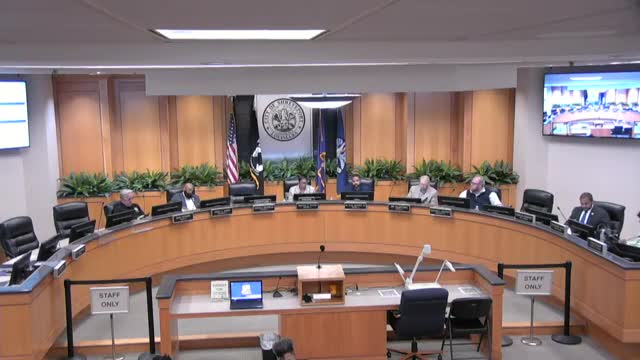
Water department to inspect 2,000 meters to identify unknown lead service lines

Shreveport police report overall drop in major crimes but note recent pedestrian fatalities along I‑20
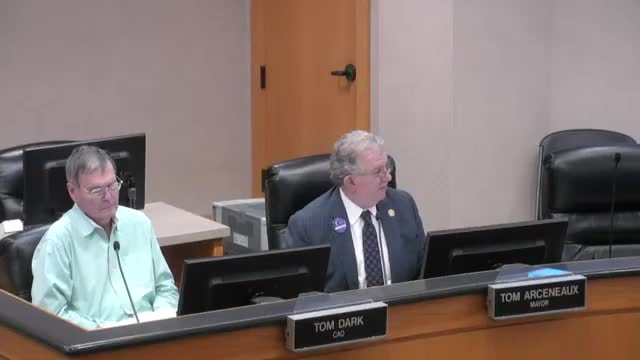
Mayor urges council to approve 30‑year Stage Works lease with G Unit; Millennium lease update promised

